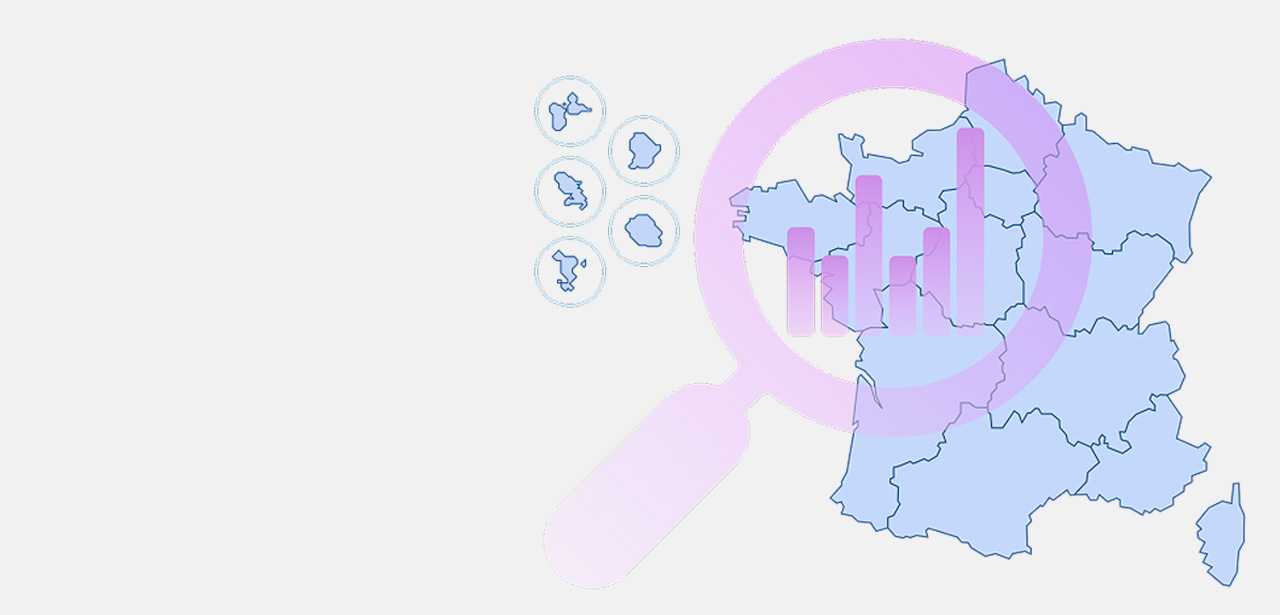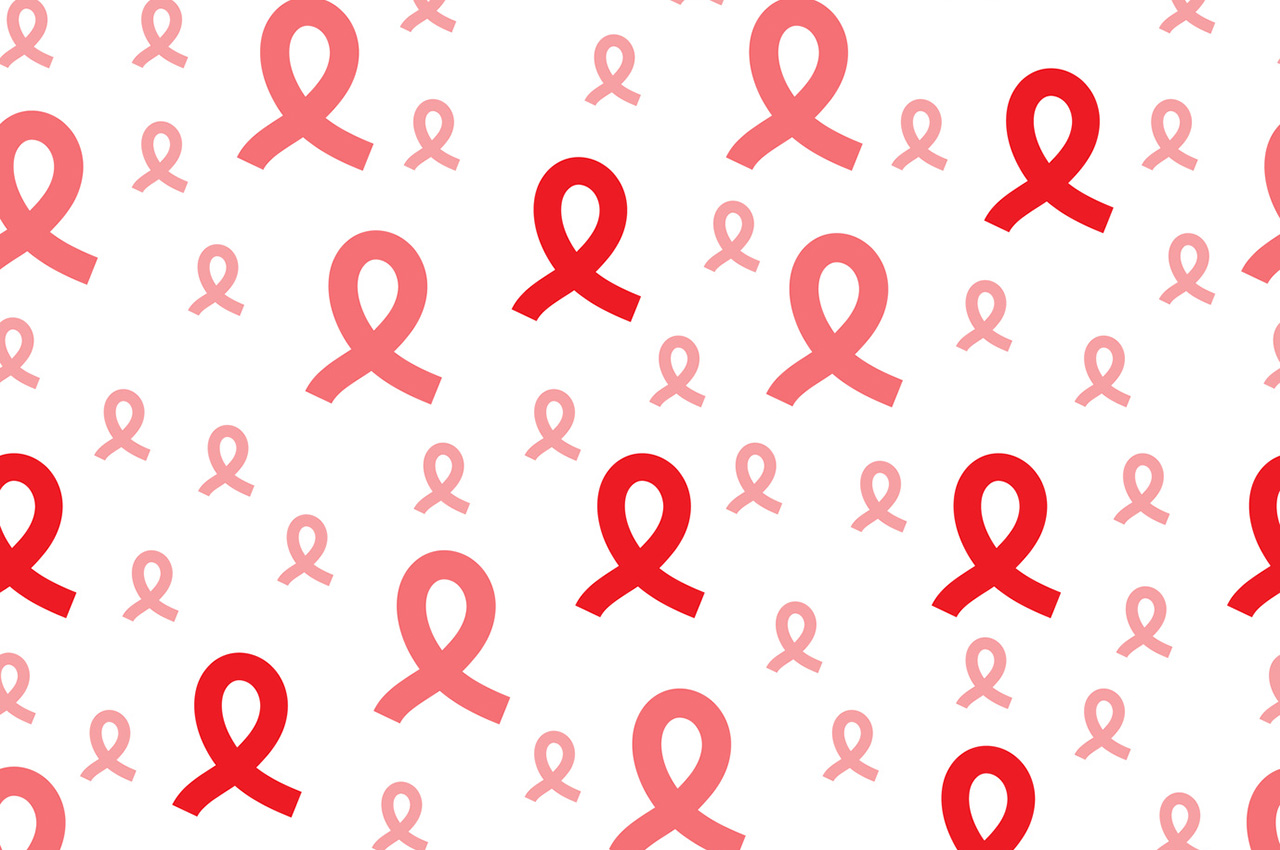AIM: The aim of this study was to describe and explore the health literacy in people living with type 2 diabetes in mainland France and its association with socioeconomic factors. METHODS: ENTRED 3 is a nationally representative French diabetes population-based survey conducted in 2019. Health literacy was measured using two scales from the Health Literacy Questionnaire: ability to actively engage with healthcare providers (HLQ6) and sufficient understanding of health information to know what to do (HLQ9). Gender-stratified analyses and multivariate linear regressions were conducted to study health literacy according to education level and country of birth, adjusting for age and antidiabetic treatment. These analyses were weighted to account for the study's complex sampling design and non-response bias. RESULTS: Two thousand seven hundred fourteen people living with type 2 diabetes responded to the ENTRED 3 questionnaire. The mean scores for respectively HLQ6 and HLQ9 were significantly higher among men (4.03 (sd 0.02); 4.16 (sd 0.03)) than among women (3.87 (sd 0.01); 3.98 (sd 0.05)). At comparable age and antidiabetic treatment: i) education level were positively associated with HLQ6 and HLQ9 among men; ii) women born in North Africa had lower HLQ6 and faced more pronounced educational inequalities with regards to HLQ9 than women born in France. CONCLUSION: This study provides a reference for health literacy in persons living with type 2 diabetes in France and identifies a link between health literacy and socioeconomic factors. Its results represent a significant step in the understanding of the mechanisms of social inequalities in health in France. (The original publication of this article contained several synthase errors. The incorrect and correct information is listed in a correction article : https://doi.org/10.1186/s12889-025-22118-3)
Auteur : Agius Roxane, Debussche Xavier, Panjo Henri, Fosse-Edorh Sandrine, Rigal Laurent
BMC public health, 2025, vol. 25, n°. 1, p. 1061


